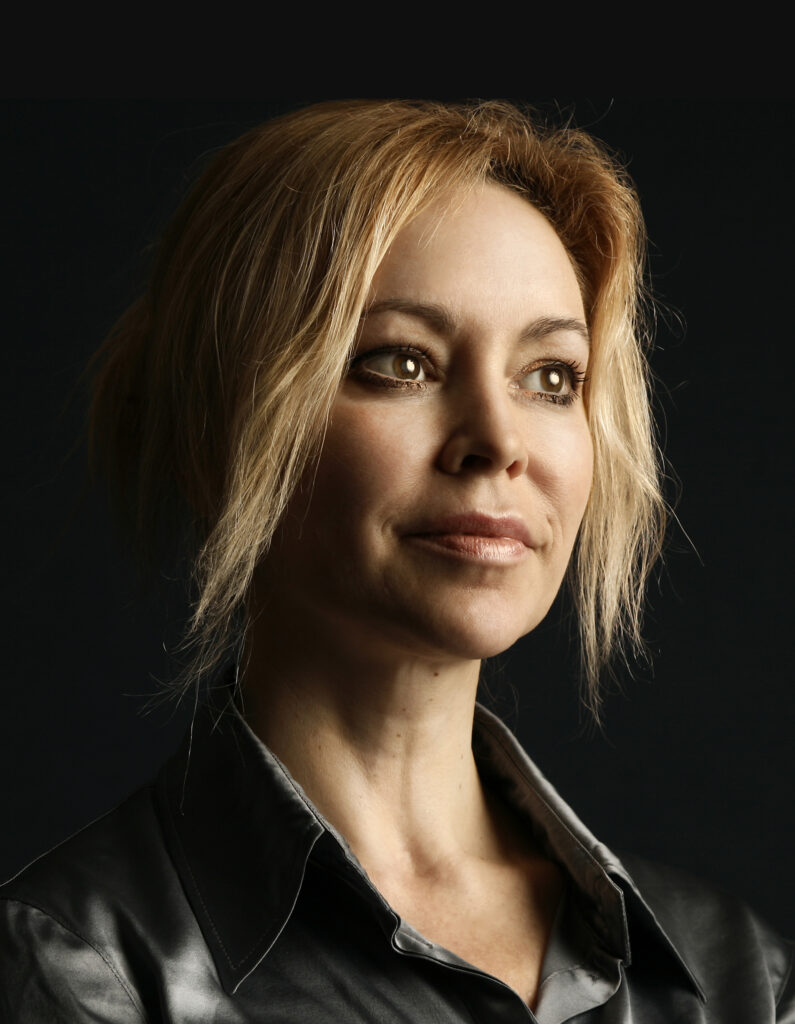
About
Rachel Armstrong is Professor of Regenerative Architecture in the Department of Architecture at KU Leuven, Belgium, a Senior TED Fellow and a Robert Rauschenberg Foundation, Rising Waters II confab Fellow. Armstrong holds a First-Class Honours degree with 2 academic prizes from the University of Cambridge (Girton College), a medical degree from the University of Oxford (The Queen’s College) and has a PhD in Architecture from the University of London (Bartlett School of Architecture). Her career is characterised by design thinking as a fusion element for interdisciplinary expertise. She pioneers an ecological, technological, and life-centred practice called “living architecture” that considers the implications for designing and engineering in a world thrown off balance. She is author of several books including Safe as Houses: More-than-Human Design for a Post-Pandemic World (2022) and The Art of Experiment: Post-pandemic Knowledge Practices for 21st Century Architecture & Design with Rolf Hughes (2021).
Regenerative Architecture: Biomaterials – where we are and look into the future
Abstract
According to the World Green Building Council, our buildings are responsible for 39% of global energy related carbon emissions, which are generated from 2 main sources: embodied energy and building operations. This talk will provide an overview of the principle of Regenerative Architecture, which proposes to go beyond net zero by benefiting the environment by using the technology of “life” and the new know-how from the field of biotechnology, to make our next-generation sustainable buildings. These emerging advances are set to improve the quality of our living spaces, but also care for the environment. The focus of the talk is the contributions to embodied energy via key biomaterials such as mycelium biocomposites, or building operations, via a range of cutting-edge and research-based innovations.
